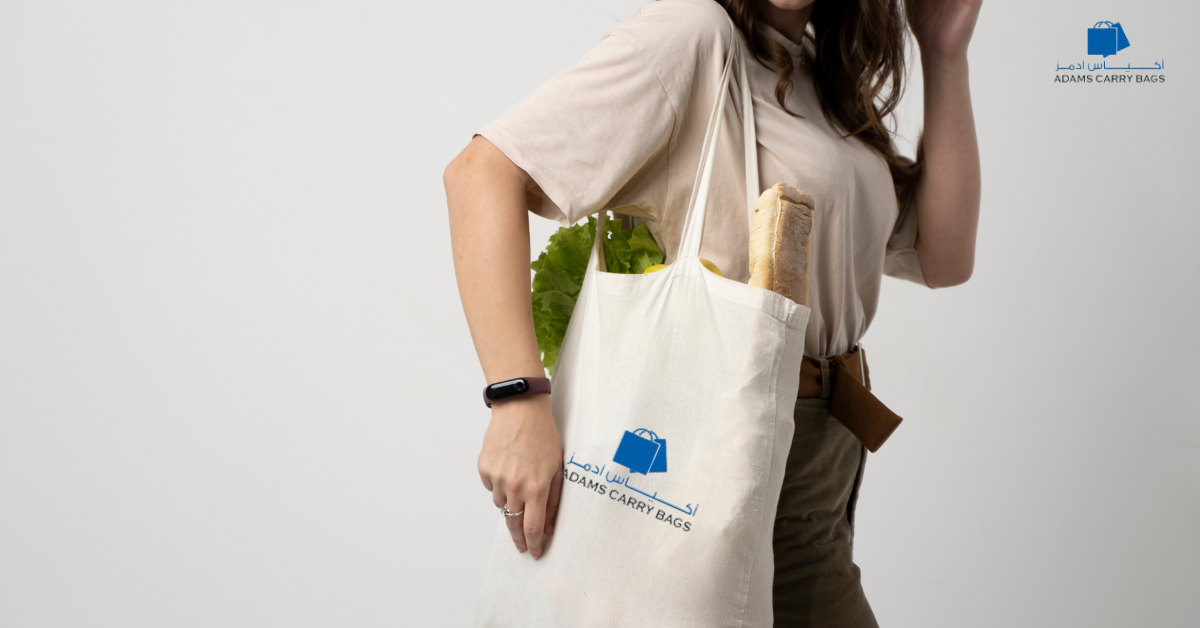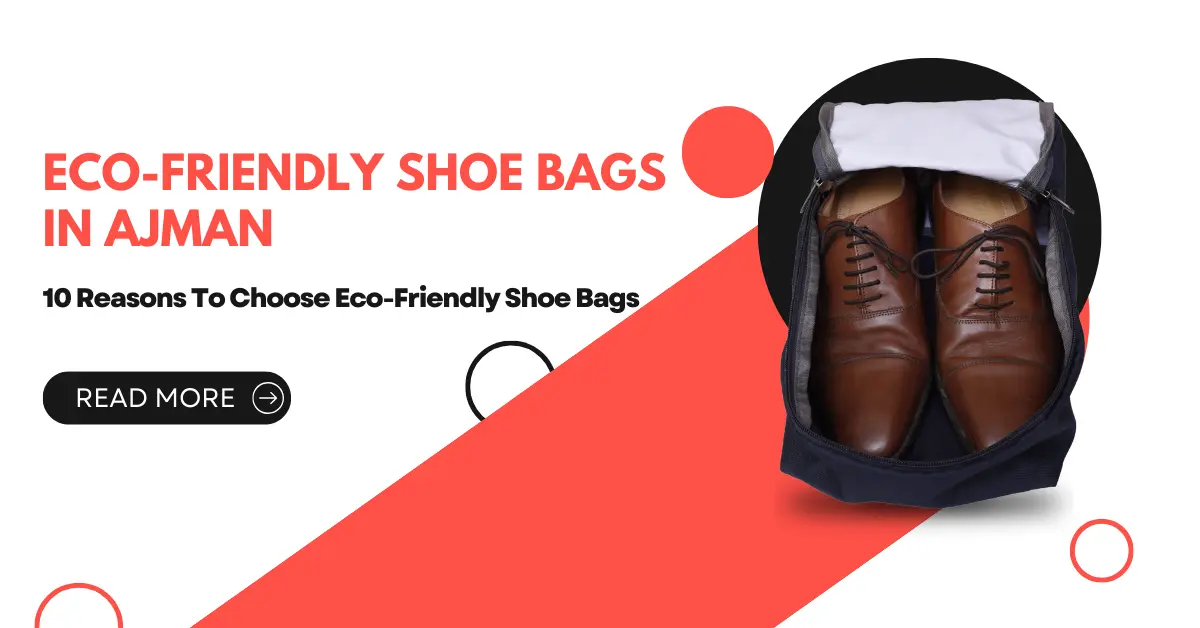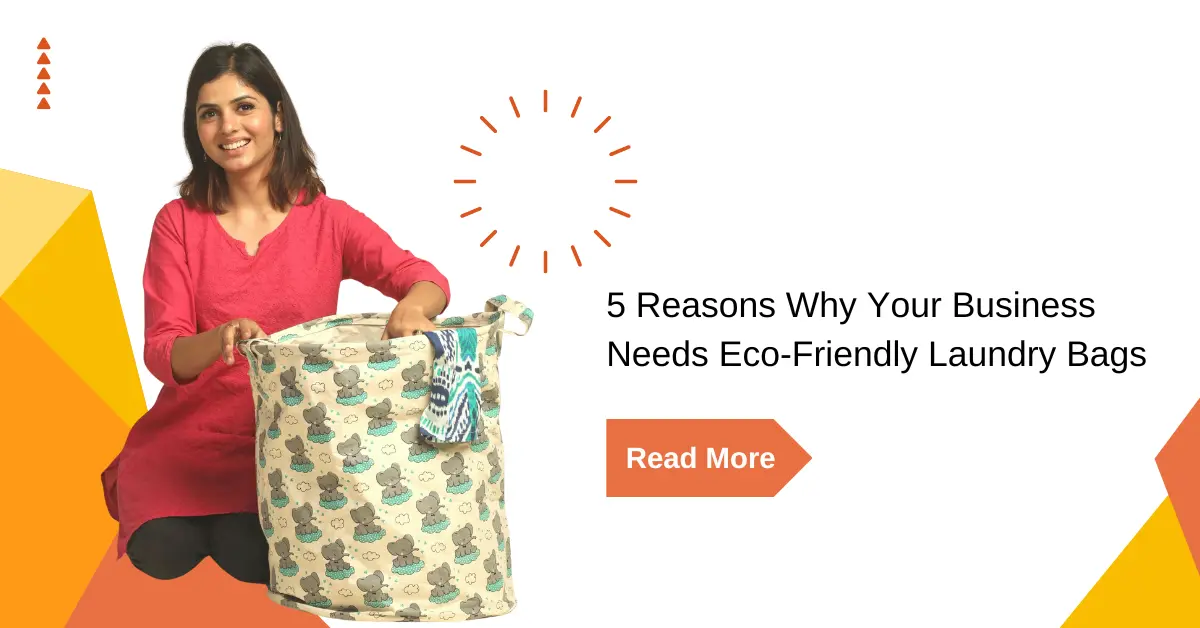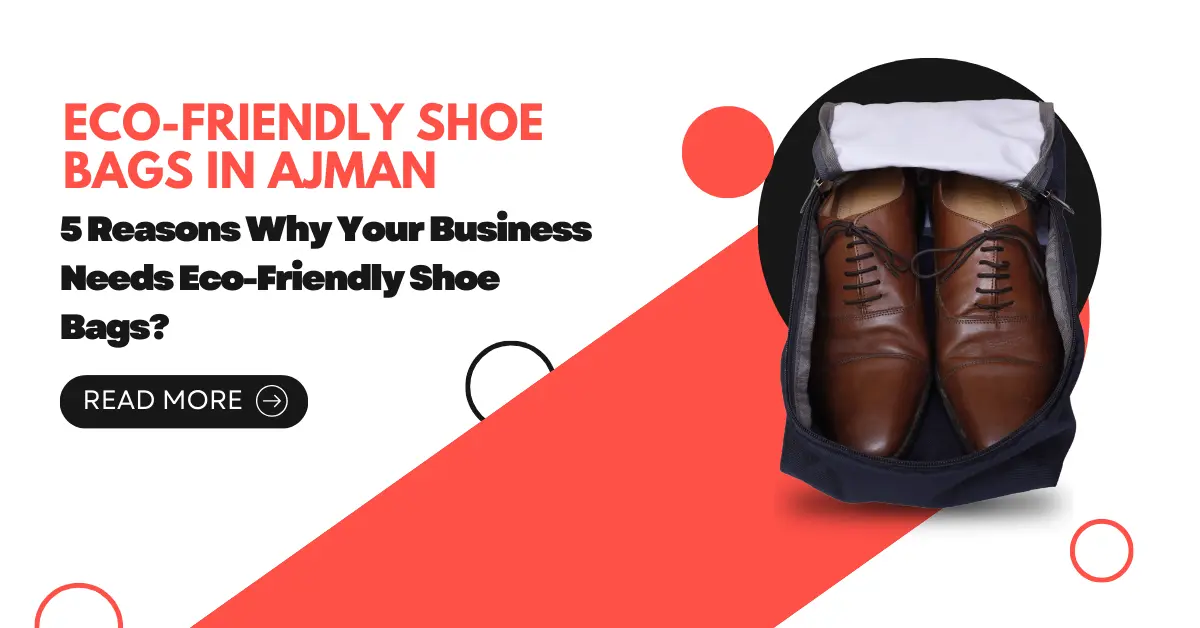More and more companies and individuals are looking for environmentally friendly methods of packing their goods instead of using the usual plastic packaging. Thus, one of the most common means is the use of eco-friendly packaging bags versus conventional plastic bags. But how do they compare in terms of environmental harm?
This blog discusses the basic difference(s) between theeco-friendly packaging bagsand plastic bags, including how each is produced, how fast one decomposition goes, how much carbon one emission, and which one is better for the ecosystem. By the end of this article, it will be clear why eco-friendly packaging bags are so vital toward fighting against pollution on Earth.
What are eco-friendly packaging bags?
These bags employ environmentally safe substances in their making. Heavy-duty plastic bags take years to decompose, whereas eco-friendly packaging bags are self-degrading thereby reducing land and ocean waste.
Common Materials Used for Eco Friendly-Packaging Bags:
- Biodegradable Plastics-As for PLA and PHA, these are manufactured from cornstarch or sugarcane.
- Compostable materials are capable of breaking into organic matter through a typical composting process.
- After PET has been recycled from consumption by the people.
- Made mostly of paper and cardboard, which are simple to both recycle and replace.
This ensures that eco-friendly packaging bags would be far more environmentally sustainable alternatives than conventional plastics.
Plastic Bag’s Effect on the Environment
Many stores and packaging businesses still use plastic bags, but they soon harm the environment.
Key Issues with Plastic Bags:
- Not all plastics are biodegradable, as a single plastic bag might last up to a thousand years before it decomposes.
- Animals in the seas are dying in large numbers due to plastic that they consume.
- Microplastics Dispersal – Plastics are broken apart and then find their way into soil and water sources.
- As plastic is mostly produced from fossil fuels, its production adds to greenhouse gas emissions.
With all these problems, making the move to eco-friendly packaging bags is vital, not just a trend.
Benefits of Eco-Friendly Packaging Bags
Using green packaging bags is good for the environment and businesses.
- Reduced Carbon Footprint
plastic bags, since bags are more eco-friendly as they have a smaller effect on the environment because they are made with natural materials or recycled containers.
- Biodegradability & Compostability
In contrast to plastic, many environmentally friendly bags break down in just months when put under certain conditions, so waste does not build up over the years.
- Safer for Wildlife
As these bags are biodegradable, there is less chance for animals to get trapped or eat them.
- Consumer Preference & Brand Image
A Nielsen study found that about 7 out of 10 customers pick products from brands that do the right thing for the environment. Sustainable packaging bags can make people think better of your brand and also attract shoppers who value taking care of the environment.
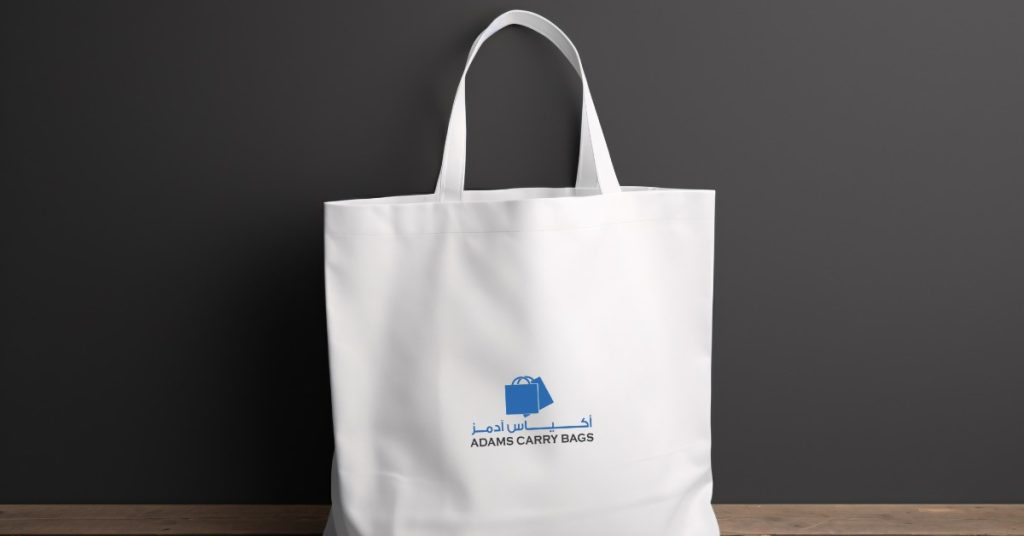
Challenges of Eco-Friendly Packaging Bags
While eco-friendly package bags are good for the environment, they also have a few issues.
- Higher Production Costs
Due to their increased cost, small businesses sometimes struggle to find sustainable options.
- Limited Durability
Being less strong than plastic, biodegradable bags can only store heavy items if their material thickness is increased.
- Composting Infrastructure
In some areas, there isn’t industrial composting, which means the bags will likely not break up right away.
With the introduction of more environmentally friendly packaging bags, they are becoming more convenient and affordable.
Case Studies: Several businesses now use eco-friendly packaging bags.
It is evident from leading companies that eco-friendly packaging bags do not conflict with business success.
- Lush Cosmetics
Lush values the planet and uses compostable packaging for most of its products.
- Amazon’s Frustration-Free Packaging
Amazon has switched to using mailers that are recyclable and biodegradable.
- Local Businesses Going Green
Small businesses are also using sustainable packaging, demonstrating sustainable practices are no big deal for anyone.
Individuals Can Take Steps to Help With Changing to Eco-Friendly Packaging
The choice of people to buy products that come in eco-friendly packaging can really change what the industry does.
Ways to Make a Difference:
- Try to buy goods wrapped in eco-friendly plant-made bags, and avoid plastic packaging when possible.
- Make use of the packaging again for what you need, or put it in the recycling bin, if that is allowed.
- Support brands committed to sustainability.
- Call on policy makers to make rules that stop the use and sell of single-use plastics, like drinks cups, bags, and straws.
Every little thing we do can really make a difference for the environment.
Eco-Friendly Packaging Bags vs. Plastic Bags: Environmental Comparison
| Factor | Eco-Friendly Packaging Bags | Traditional Plastic Bags |
| Material Source | Renewable (plant-based, recycled materials) | Petroleum-based (non-renewable fossil fuels) |
| Biodegradability | Yes (3–6 months in compost) | No (takes 500–1,000+ years to decompose) |
| Recyclability | Often compostable or recyclable | Rarely recycled (only ~9% globally) |
| Carbon Footprint | Lower (fewer GHG emissions during production) | High (energy-intensive manufacturing) |
| Toxicity | Non-toxic, safe for wildlife | Releases microplastics, harms marine life |
| Durability | Moderate (improving with new materials) | High (but contributes to long-term waste) |
| Cost | Slightly higher (but prices dropping) | Cheap (hidden environmental costs) |
| Consumer Demand | Growing (73% prefer sustainable brands) | Declining due to bans/awareness |
Our Range of Eco-Friendly Packaging Bags
Sustainable packaging is one of the solutions we provide at Adams Carry Bags
Biodegradable Bags
- Made out of PLA or cornstarch, both from plants
- Biodegrade when put in a compost pile
- Food packaging and the retail industry can greatly benefit from this kind of material.
Recycled & Recyclable Bags
- It is made using waste materials that people have used before (rPET and paper).
- Recyclable in full, in line with a circular economy
- This product is great for stores and distribution in promotional use.
Reusable Shopping Bags
- Durable, stylish, and long-lasting
- Customizable with your brand logo
- Ideal for use in grocery stores, boutiques, and at events
Compostable Mailers & Pouches
- They are light, but also built to be sturdy for shipping items purchased online.
- 100% compostable, leaving zero waste
- Good for those managing online stores and mailing subscriptions
Make the Smart Switch to Eco-Friendly Custom Bags
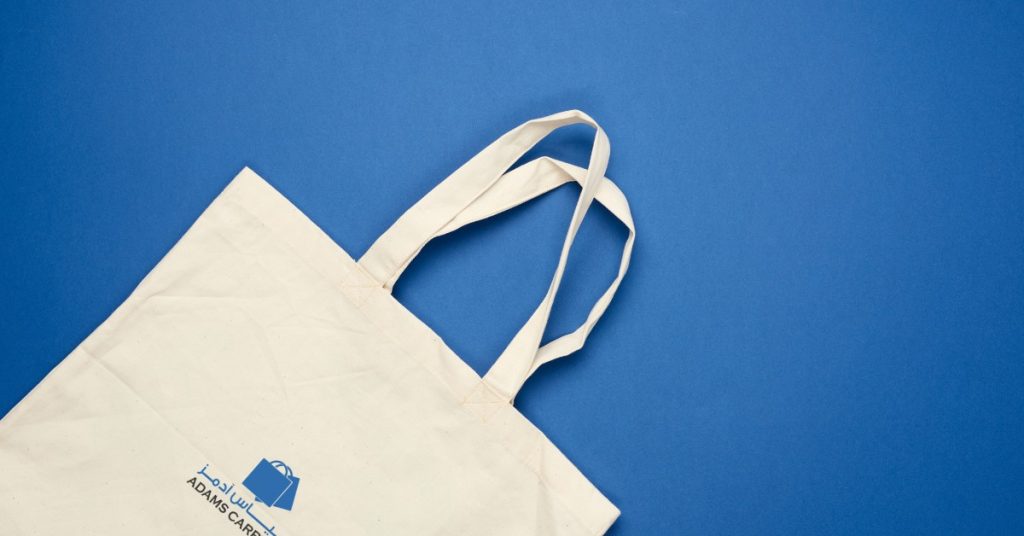
Using eco-friendly bags instead of plastic ones is an ecologically wise move that also boosts how eco-friendly your brand is perceived. Our goal at Adams Carry Bags is to provide premium and reusable packaging that suits your company’s needs.
Going with eco-friendly custom bags helps protect the environment and attracts people who care about it. Explore our different sustainable packaging solutions at Adams Carry Bags’ website today! Every bag we collect together can have a positive impact.
It’s easy to order custom eco-friendly bags, so get going today!


